The nootropics for motivation of 2021 will boost your energy. These days it’s hard to get through your day without feeling drained, don’t you deserve to feel more energized and alive? Whether you’re looking for something to help you during your workouts or give you a little pep in your step throughout the day, these 10 supplements are just what you need!
In this article, we’ll introduce nootropics that have been shown in research to increase dopamine levels which will boost motivation. We’ve also included nootropic supplements that can be used as alternatives if nootropics aren’t an option for some reason. In addition, we’ve included supplements that boost dopamine so there’s no need to worry about running out of options-you’ll have no problem finding a supplement no matter which nootropic you choose.
The nootropics for motivation in 2021 are not all specifically used for motivation but rather to increase dopamine levels. Dopamine is known as the motivation neurotransmitter, so nootropics that increase dopamine will also improve your motivation and energy levels. This guide will help you choose the best nootropics for motivation and which one is the most effective at increasing dopamine levels.
Contents
Top 10 Supplements to Boost Your Energy in 2021
Mucuna Pruriens
Mucuna Pruriens, also known as velvet bean, is a nootropic supplement that has long been known to improve dopamine levels. It contains levodopa which converts to dopamine in the brain and helps with motor coordination (1). This nootropic supplement can be used for depression, stress, and chronic fatigue (2).
Mucuna Pruriens has been found in studies to stimulate dopamine production in people, particularly those with Parkinson’s disease, a neurological condition that affects movement and is caused by a dopamine deficit (3).
Mucuna Pruriens supplements are just as beneficial as certain Parkinson’s medicines in raising dopamine levels, according to studies (4), (5).
Mucuna Pruriens may also assist with the increase of dopamine in those who don’t have Parkinson’s disease.
For example, one study discovered that taking 5 grams of Mucuna powder for three months increased dopamine levels in infertile males (6).
Probiotics
Probiotics are supplements that are beneficial for gut health. The probiotics in your gut interact with the neurotransmitters in your brain, which is why they’re often called “Psychobiotics”.
Not only do probiotics help improve mental health and mood, but they’ve also been shown to increase dopamine levels. In a study on rodents, scientists found that probiotics increased dopamine and serotonin levels (7).
Furthermore, one research (8) involving people with irritable bowel syndrome (IBS) showed that those who received probiotic supplements had a reduced incidence of depressive symptoms when compared to those who received a placebo.
Probiotics help balance your gut health which will result in the production of dopamine and other neurotransmitters.
You can find nootropic supplements with probiotics such as Neurofuse which gives you nootropics for motivation after a long day by balancing your gut health.
Rhodiola Rosea
Rhodiola Rosea is an adaptogen nootropic that can be found in many supplements. It’s often used to improve energy, focus, and motivation.
This nootropic has been used for centuries in Traditional Chinese Medicine and is known as “the golden root” because of its many benefits.
Rhodiola Rosea can help improve dopamine levels and protect the brain from stress. It also helps to improve cognitive function and prevents mental fatigue.
One study found that Rhodiola Rosea improved attention, memory, and reaction time in healthy adults (10).
Ginkgo Biloba
Ginkgo Biloba is a nootropic supplement that has been used for centuries in traditional Chinese medicine. This nootropic has many benefits such as improved cognitive function, better memory, and relief from anxiety and stress.
Ginkgo Biloba also helps to improve dopamine levels. One study showed that Ginkgo was able to increase dopamine levels in the prefrontal cortex of rodents (11) (12) (13). Preliminary studies in animals and test tubes have demonstrated promising results. However, scientists must do a further study before determining if Ginkgo biloba increases dopamine levels in humans.
Curcumin
Curcumin is a nootropic supplement that gets its power from the Curcuma Longa plant. It’s an antioxidant and anti-inflammatory compound that may help you to feel motivated without experiencing brain fog or tiredness.
One study found that curcumin showed nootropic properties and it improved memory, attention, and mood in people (14).
Another study showed that it was as effective as Prozac in the treatment of depression (15).
However, additional studies are needed to understand curcumin’s function in elevating dopamine levels in men and its use in the treatment of depression.
You can find nootropic supplements with Curcumin such as nootropics for motivation Neurofuse balances your mood and cognitive function.
Vitamin D
Studies have shown that Vitamin D supplements can help to increase the production of dopamine (16).
Not only does this nootropic create dopamine, but it also increases serotonin levels in the brain. This becomes very useful when you want to feel motivated and focused.
Vitamin D is a nootropic that is essential for overall health and can be found in foods such as salmon, tuna, and eggs or you can take supplements to increase your levels.
Magnesium
Magnesium is a nootropic supplement that assists in the production of dopamine and serotonin. It also helps to mitigate stress.
Despite the fact that magnesium and its antidepressant effects are still not well understood, there is evidence that magnesium deficiency may contribute to lowered dopamine levels and an increased risk of depression. (17, 18).
In people who suffer from depression, magnesium supplements have been shown to reduce depressive symptoms. Magnesium nootropics such as nootropics for motivation Neurofuse can help you feel more motivated. (19)
However, if you can’t get adequate magnesium from your dietary sources alone, taking a supplement may be a smart idea to guarantee that you’re getting enough.
Ginseng
Ginseng has been used in Chinese medicine for thousands of years.
It can be eaten raw or cooked, but it’s also available in pill, capsule, and tea forms.
Ginseng has been shown in studies to improve brain abilities such as mood, behavior, and memory (20, 21).
Ginseng has been shown in animal and test-tube studies to improve brain function because it boosts dopamine levels (22, 23, 24).
It’s possible that certain ginseng components, such as ginsenosides, cause the improvement of dopamine in the brain and mental health benefits including cognitive performance and attention (25).
According to a study on the effects of Korean red ginseng on attention deficit hyperactivity disorder (ADHD) in children, lower dopamine levels were linked with ADHD symptoms.
For eight weeks, children participating in the study took 2,000 mg of Korean red ginseng every day. The results revealed that ginseng improved attention in kids with ADHD (26).
However, further research is needed to establish whether ginseng improves dopamine synthesis and brain function in humans.
Berberine
Berberine nootropics can be found in plants such as Oregon grape, barberry, and goldenseal.
It has been used for thousands of years to fight illness. Berberine nootropics have neuroprotective capabilities that protect against brain damage from stroke or injury.
Berberine nootropics are believed to increase dopamine and serotonin levels in the brain.
Berberine has been studied in animals and has been shown to raise dopamine levels, which may aid in the treatment of depression and anxiety (27, 28, 29, 30).
There has been no study on the effects of berberine supplements on dopamine in people as of yet. As a result, further researches are required before recommendations can be made.
Caffeine
Caffeine nootropics are found in coffee, tea, and some supplements.
Studies have shown that caffeine nootropics stimulate the release of neurotransmitters, such as dopamine. (31, 32, 33)
However, overdosing on caffeine nootropics is linked to some negative effects. If you feel tired, irritable, or experience headaches after consuming too much caffeine, you may be suffering from caffeine withdrawal.
In order to avoid these symptoms, it’s important to consume no more than 400 mg of caffeine per day. This is the equivalent of two 8-ounce cups of coffee or four cups of tea.
Side effects of nootropics for motivation consumption can
Before adding any supplement to your daily regimen, it’s typically a good idea to talk with your doctor.
This is especially true if you have a medical condition or are taking any medications.
The danger of using these supplements is usually minor. They all have a good safety profile and low toxicity levels when taken in moderate dosages.
Gastrointestinal symptoms, such as gas, diarrhea, nausea, or stomach discomfort, are among the most common adverse effects caused by some of these supplements.
Certain supplements, such as ginkgo, ginseng, and caffeine, have been linked to headaches, dizziness, and cardiac palpitations. (34, 34, 35)
Conclusion
Dopamine is a chemical in the body that influences several brain-related processes, including mood, motivation, and memory.
Dopamine levels are generally maintained effectively by your body on its own, however certain medical issues and dietary and lifestyle choices can disrupt this.
Each of these supplements has a safe profile when taken appropriately. Some dietary supplements, on the other hand, may interact with various prescription or over-the-counter medicines.
It’s usually a good idea to consult with your doctor or a registered dietitian before taking any supplements.
Read More About:
8 Best Supplements and Vitamins for stress and anxiety
Best Acne Supplements: In-depth Guide to Help You Fight Acne
Collagen and Biotin: Your Supplement Filling Chances

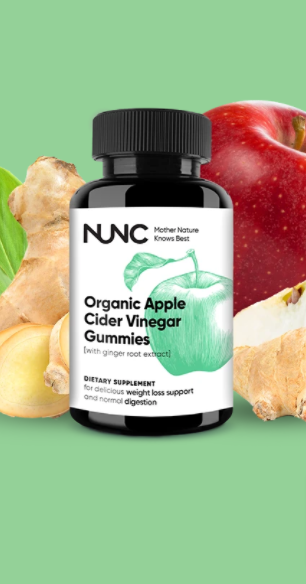



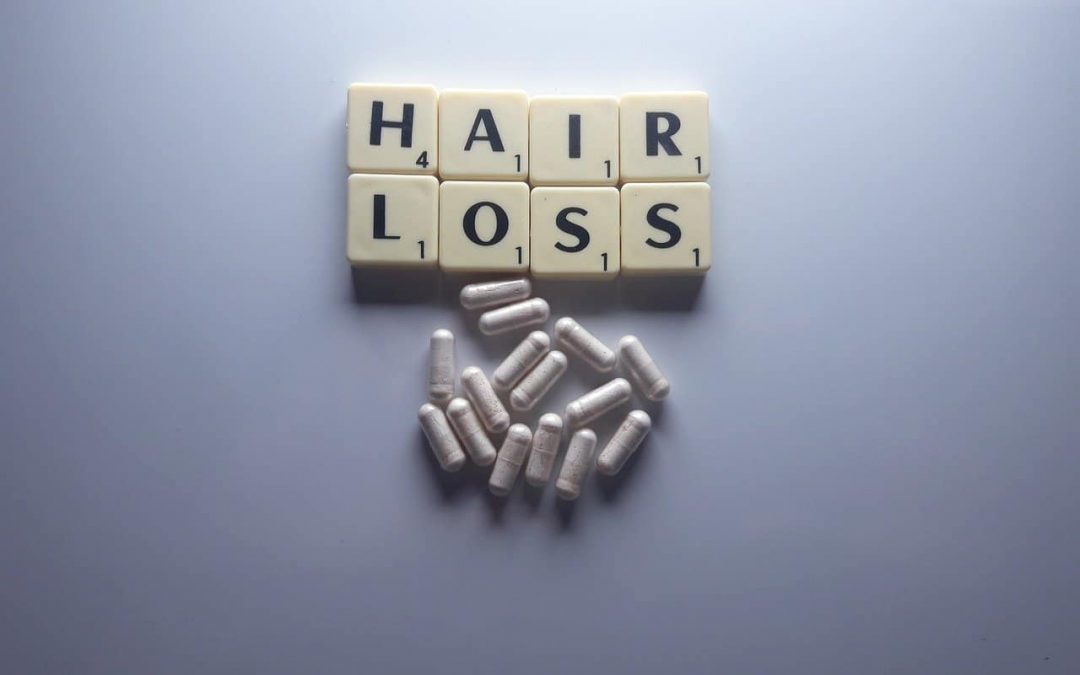
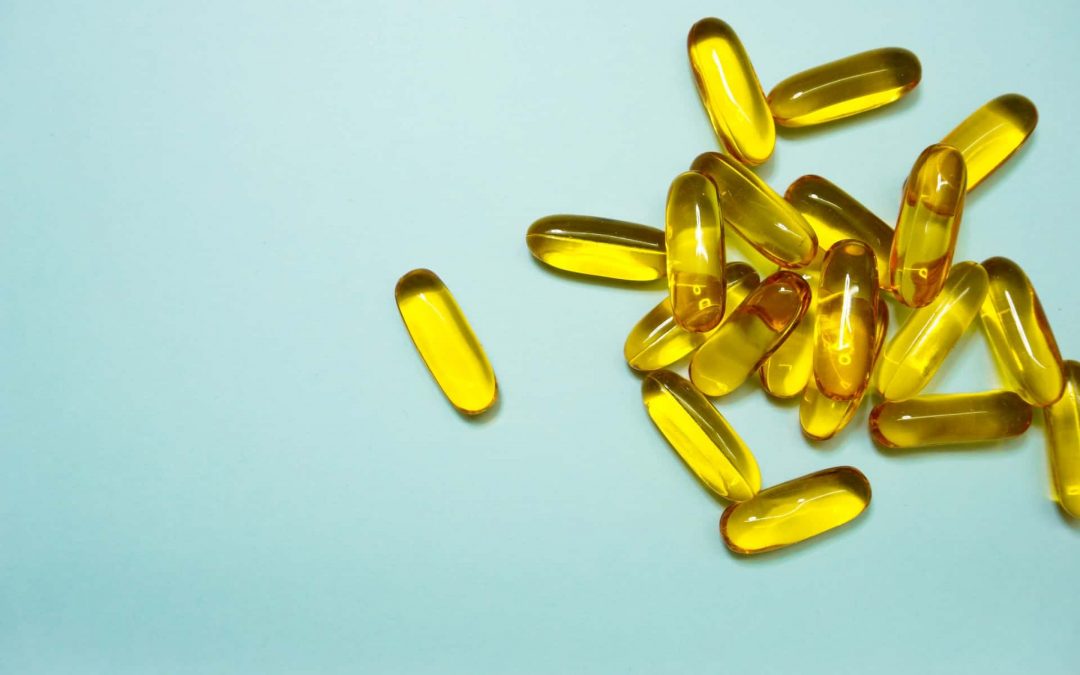
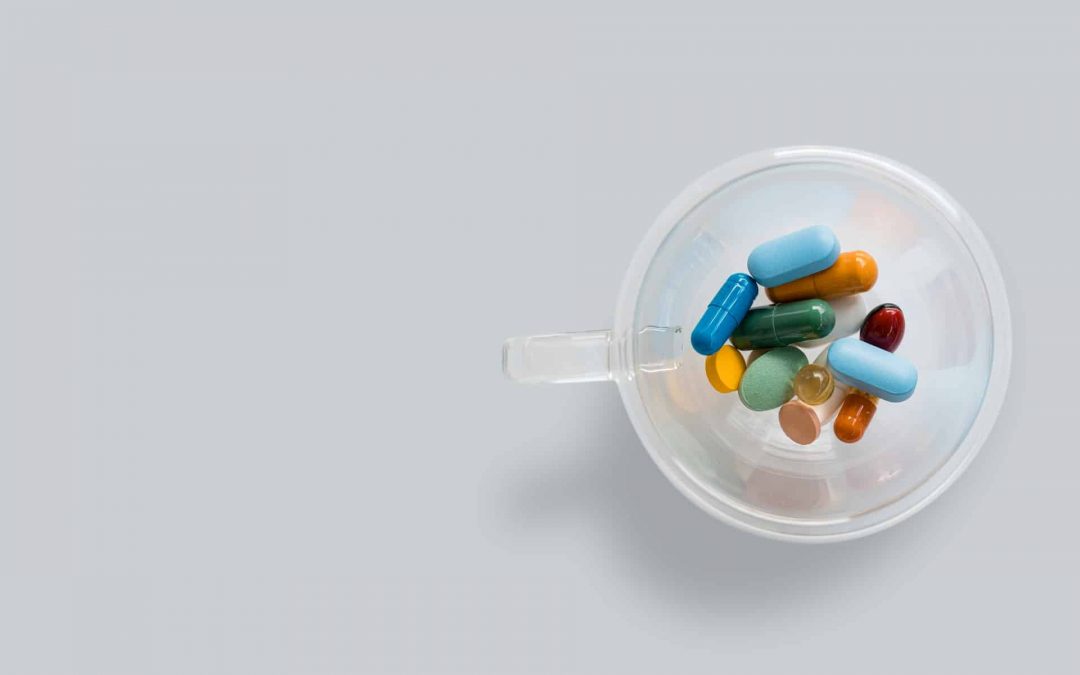

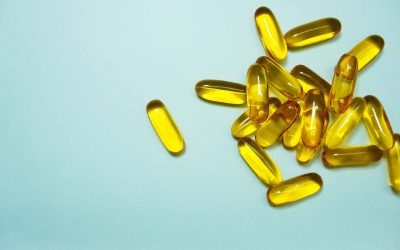
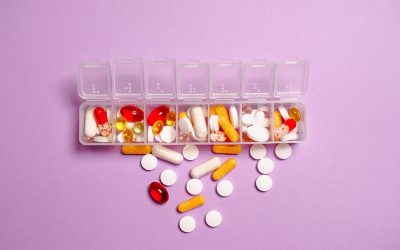
0 Comments